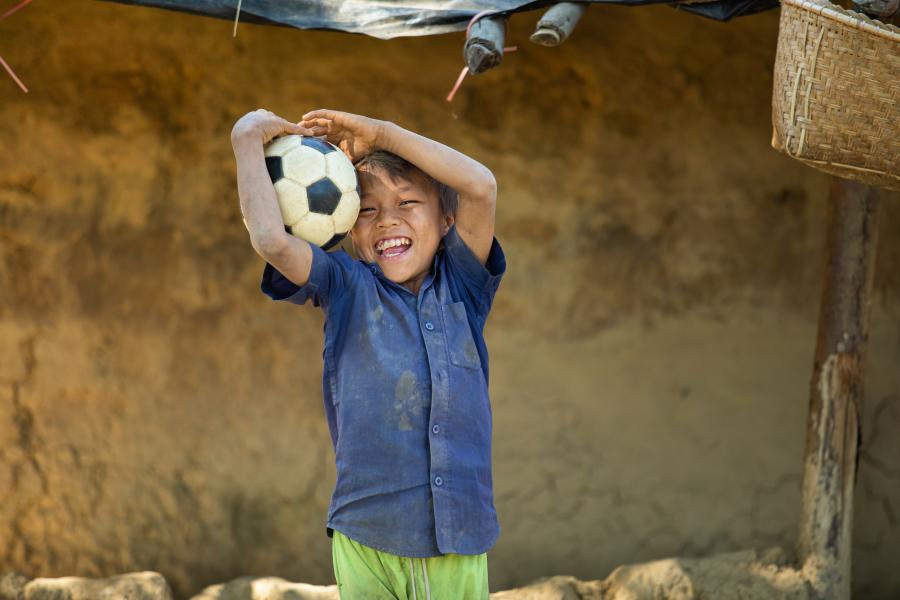2021 Year-end population figures
- Refugees and asylum seekers : 1.2 million, 25% women and 47% children
- IDPs : 671,000, 27% women and 49% children
- New IDPs in 2021 alone : 430,000
- IDP returns : 130,000
- Stateless persons in Myanmar (Rohingya) : 600,000
2021 Situation overview
The situation in Myanmar was characterized by growing violence and insecurity and resulted in significant forced displacement within the country and into neighbouring countries (over 30,000 refugees between 1 February 2021 and 17 January 2022). Some 430,000 people were internally displaced in Myanmar after the military takeover on 1 February, more than doubling the 2020 IDP figure of 370,000. However, some 130,000 IDPs also returned to their places of origin in 2021, leaving a total of 671,000 IDPs at the end of 2021. As a result, humanitarian needs grew exponentially and were further compounded by new waves of COVID-19 and the resultant economic impact. Humanitarian access in many parts of Myanmar was restricted by insecurity, roadblocks and challenges in obtaining access approvals. In this challenging operating environment, UNHCR engaged host communities and local responders as well as partners who played a leading role in assisting displaced populations.
UNHCR reached 44,000 households (including IDPs and stateless persons) with core relief items, distributed $2.6 million in cash assistance to 17,000 people of concern, and delivered emergency shelters to 47,000 people of concern. Meanwhile, legal assistance was vital in addressing housing, land and property concerns.
In Rakhine state, UNHCR worked to create conditions conducive to the voluntary repatriation of refugees and IDPs, and undertook 95 quick-impact projects with UNDP, benefiting more than 20,000 people. UNHCR continued to advocate for the implementation of the 2017 recommendations of the Advisory Commission on Rakhine State.
Outside Myanmar, UNHCR led efforts to protect and assist Rohingya refugees in the region, including those undertaking dangerous journeys at sea, and engaged with the Association of Southeast Asian Nations (ASEAN) and other regional actors in pursuit of solutions for Rohingya and other refugees from Myanmar, while also advocating for access to territory and protection. In Bangladesh, COVID-19 measures constrained humanitarian services in the refugee camps and UNHCR adapted its response to ensure continuity of protection and assistance. An inclusive national COVID-19 response resulted in nearly 80% of those eligible among the 890,000 Rohingya refugees receiving a vaccination.
UNHCR also piloted a cash assistance programme in Cox’s Bazar town for vulnerable members of the host community who were hit hardest by the pandemic. Inside the camps, UNHCR and partners addressed critical protection issues and responded to fires and the effects of natural disasters. Schooling came to a halt during the height of the pandemic. However, once the situation improved, UNHCR and partners were able to launch a project to introduce the Myanmar curriculum, training teachers in the skills required. UNHCR also expanded work with refugees and partners to reduce environmental degradation and ensure a more environmentally sustainable response.
In 2021, 19,000 Rohingya refugees were relocated to Bhasan Char, an island where the Government of Bangladesh has made substantial investments to provide a temporary alternative measure for hosting refugees to alleviate overcrowded camp conditions. UNHCR, on behalf of the United Nations, signed a memorandum of understanding that provides a protection and policy framework for the island. UNHCR has also worked with the Government to ensure the voluntariness of relocations and freedom of movement.
